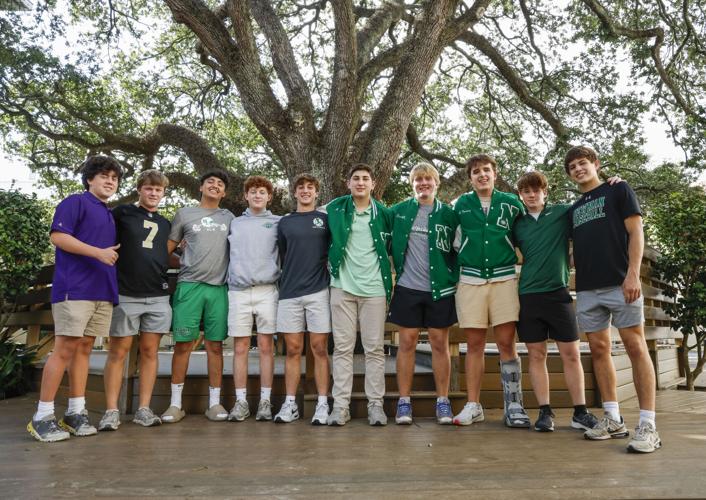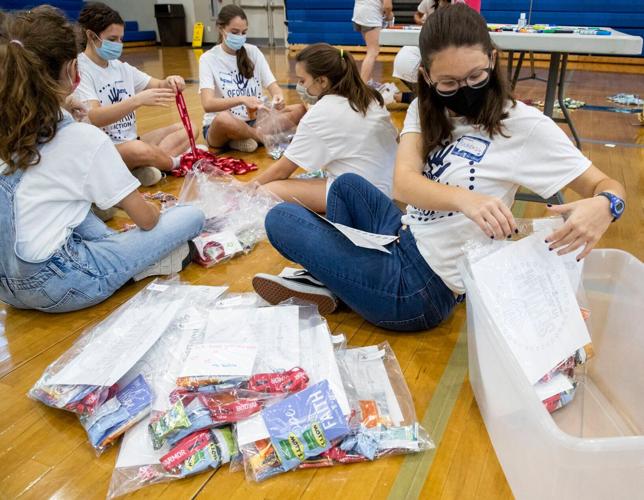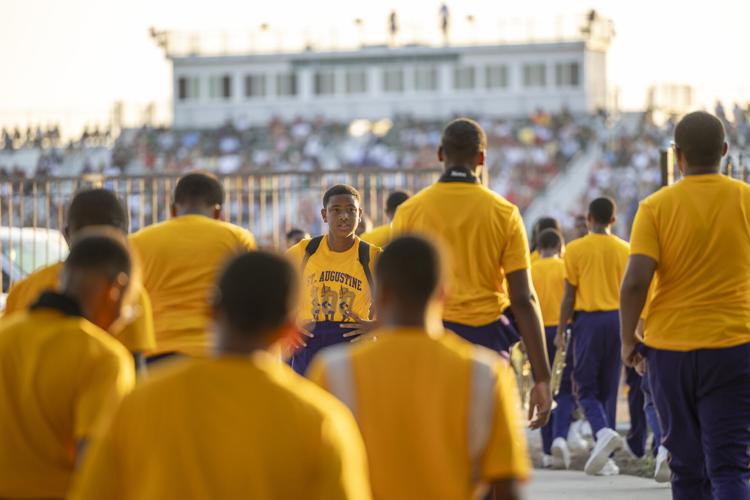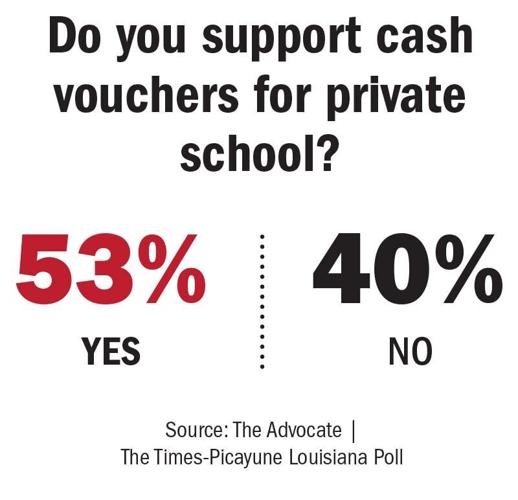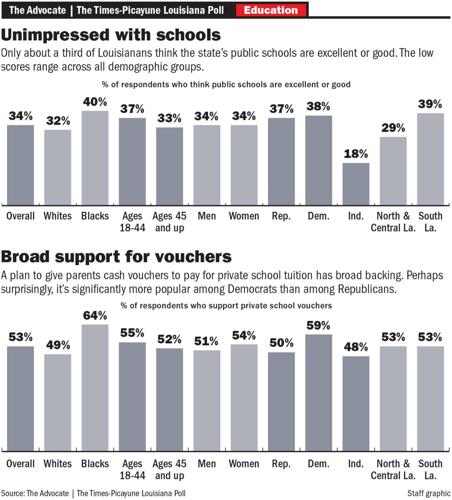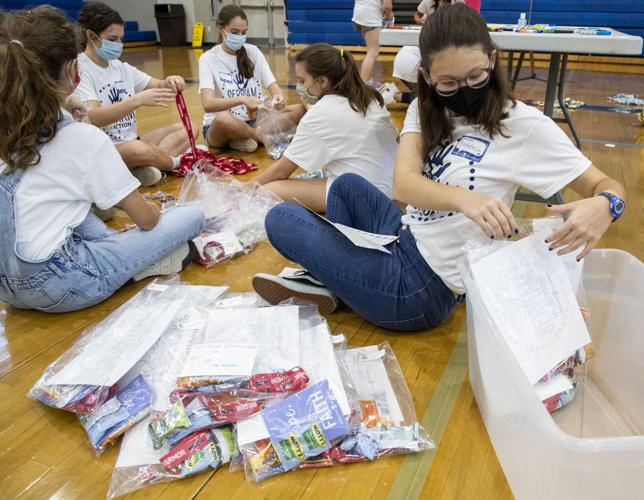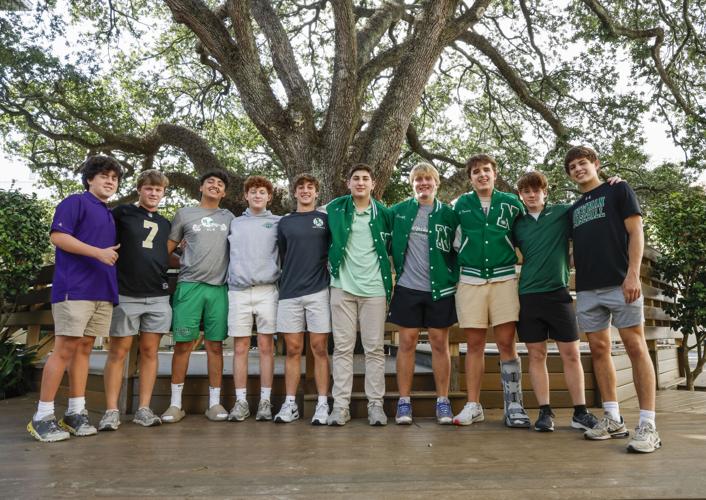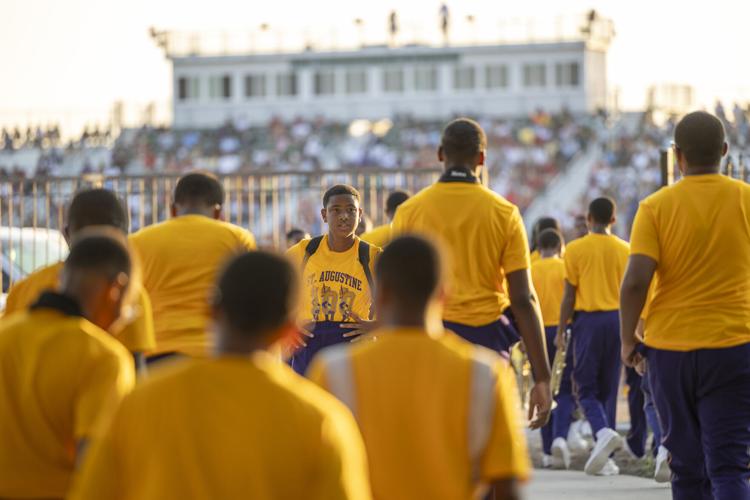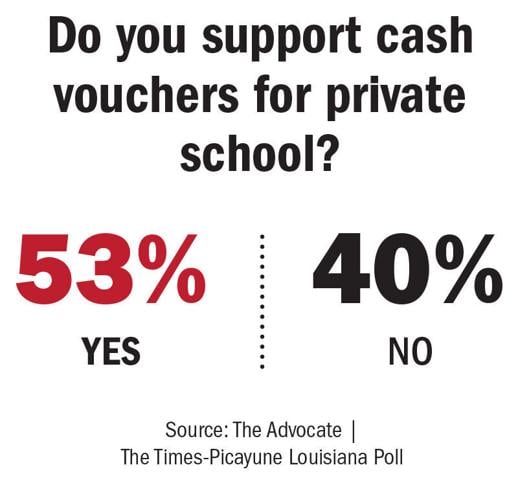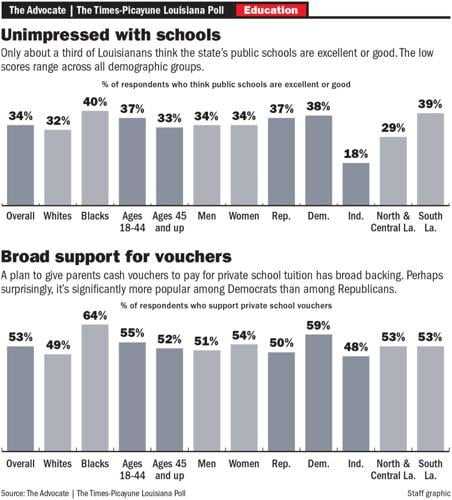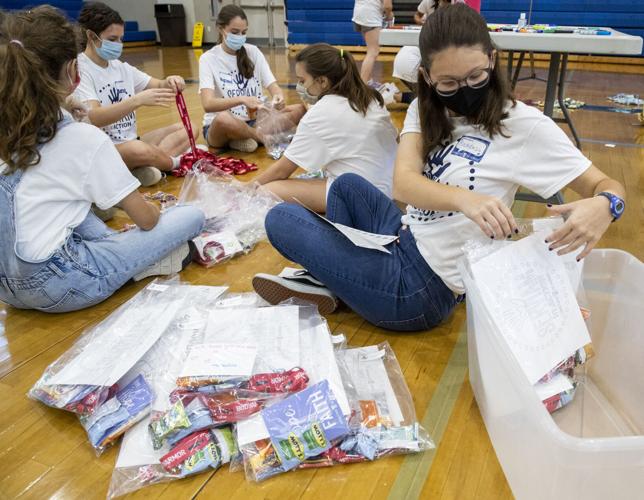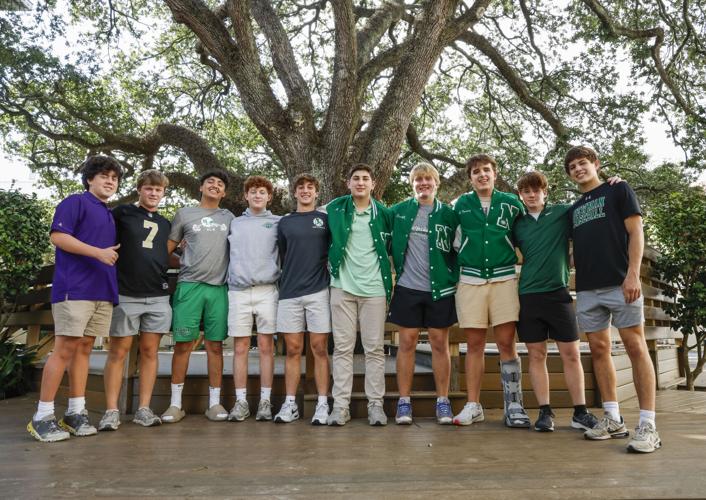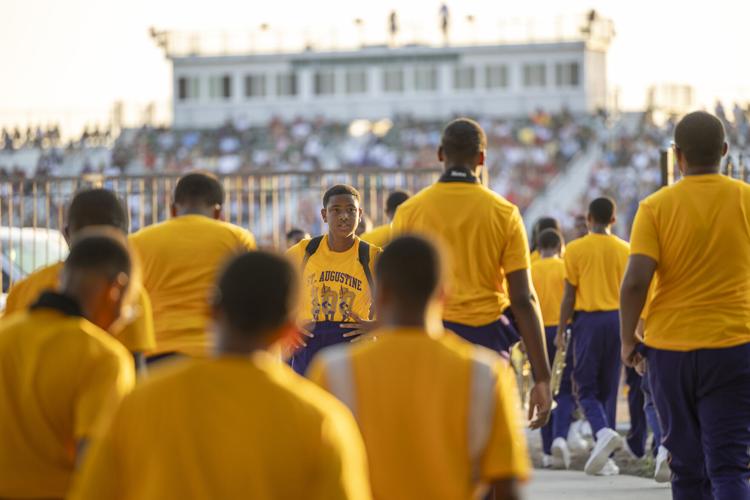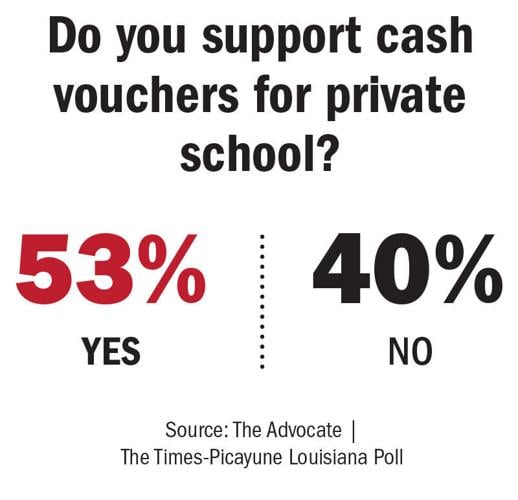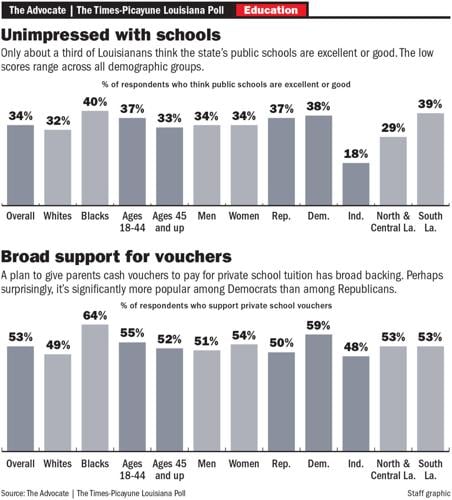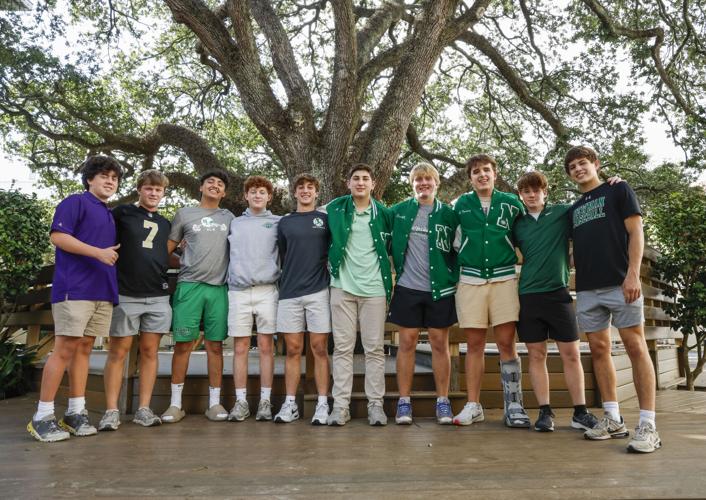A majority of Louisiana voters take a dim view of the state’s public schools and support giving parents money for private school, according to a new poll that suggests many people are on board with Gov. Jeff Landry’s bid to shake up education.
Only a third of those surveyed give public schools high marks, while 60% view them negatively, according to a Times-Picayune | The Advocate poll conducted April 22-26. The poll, which surveyed a representative sample of 800 Louisiana voters, has a 3.5% margin of error.

Just over half of voters back giving parents vouchers to pay for tuition at private or parochial schools, while 40% oppose the idea, the poll found. Black voters and Democrats are most likely to endorse school vouchers, signaling bipartisan support for a Republican proposal advancing through the state Legislature to offer every parent thousands of tax dollars to pay for private schooling.
While the poll shows that voters are divided on the new governor’s handling of education, with 38% approving and 39% disapproving, it also makes clear that most voters concur with Landry’s basic message: The public education system is broken and must be transformed.
“Something needs to change because most kids can’t even read,” said Lilly Mayfield, 78, a retired high school history teacher who participated in the Times-Picayune | Advocate poll and agreed to a follow-up interview. “The system needs an overhaul.”
Majority supports private school choice
The findings should be welcome news for Landry and a coalition of conservative groups seeking to reshape public education in Louisiana.
Today, parents can send their children to the nearest taxpayer-funded public school or pay out of pocket for private school. Under Landry’s plan, education tax dollars would “follow the child.”
If parents opt out of their local public school, the state dollars allocated for their child would be rerouted to an “education savings account,” or ESA. Families could spend the money — ranging from $5,200 to $15,000 based on family income and student needs — on tuition, tutoring, special education services or other approved expenses.
The proposed ESA program amounts to a massive expansion of the state’s existing voucher system, which covers private school tuition for low-income families. Any family could apply for ESA money, even higher-income parents who already pay for private school.
The new poll asked whether it is a good or bad idea to give parents cash vouchers to pay for tuition at the school of their choice.
A majority of respondents — 53% — called it a good idea. Nearly two-thirds of Black voters supported the idea, compared with about half of White voters. Just under 60% of Democrats liked the idea, as did 50% of Republicans and 48% of political independents.
Traditionally Republican lawmakers have championed private school choice over Democratic opposition. But recent polling suggests that support for such policies transcends demographic and party lines.
More than 60% of likely Louisiana voters said they support ESAs, according to a survey last September commissioned by the Pelican Institute, a right-leaning think tank that is pushing the policy. Voters from every demographic group and both parties back ESAs, the poll found.
And in a survey last June, 65% of Louisiana parents said they support the state offering financial assistance to help families pay for private school. Nearly 3 in 4 Black parents expressed support, according to the poll commissioned by yes. every kid. foundation, a nonprofit that promotes school choice.
“We’re seeing a significant increase in awareness and support of school choice policies,” said Matt Frendewey, the group’s vice president of strategy.
He said his group has found slightly less support for vouchers, which some people associate with aid for low-income parents, than universal programs such as ESAs that are open to all families.
He attributes the growing acceptance partly to parents’ frustration with public school closures during the pandemic and some parents' perception that schools have been unresponsive to their concerns about curriculum and other issues. He also said the spread of ESAs and similar policies in Republican-led states has introduced more people to the idea.
“I used to talk about education policy being a niche issue and school choice being a niche issue within a niche issue,” he said. “This is a front-page story now.”

Public school advocates oppose ESAs
Still, sending public money to private schools remains controversial.
The ESA bills in the Louisiana Legislature could eventually cost taxpayers more than $500 million annually, according to one estimate, as the state starts paying tuition for thousands of students who already attend private school. Last week, lawmakers overhauled the Senate’s ESA bill to gather more information about its potential cost before agreeing to fund it.
Meanwhile, public education advocates are staunchly opposed to ESAs, which they say would divert much-needed resources from public schools to loosely regulated private schools. They argue that shifting tax dollars to private schools will weaken public education, not improve it.
Mayfield, the retired teacher who lives in Monroe, is one of the 4 in 10 voters in the Times-Picayune | Advocate poll who are against private school choice.
“Don’t take that money from the public system,” she said, “and put it into a private system.”
Staff writer Elyse Carmosino contributed reporting.
Read next: Louisiana voters so far approve of Jeff Landry's politics, poll shows. Here's why.
Read next: Jeff Landry, Louisiana lawmakers went too far on permitless concealed carry, poll shows
Read next: Residents unhappy with Louisiana insurance crisis under Jeff Landry, Tim Temple, poll shows
How the poll was conducted
Faucheux Strategies, a nonpartisan research firm based in Louisiana, interviewed a representative sample of 800 registered voters across Louisiana between April 22-26.
Trained professionals conducted the interviews by telephone; 79% of them were contacted on cellphones and 21% on landlines.
The calls were based on a scientifically selected, random sample of state voters. The racial composition of the sample was 64% White, 30% Black and 6% other. For this poll, “independent” includes people who have no party affiliation and people who are affiliated with a third party. The poll’s margin of error is +/- 3.46%.

